Brain Disorders: What Are The Most Common Ones?
Tens of millions of Americans suffer from brain disorders of one type or another at some point in their lives. Neurological problems can occur in people of any age but tend to be more prevalent in older people. If you get regular headaches or other seemingly insignificant symptoms, seek professional medical advice.
What Are The Symptoms Of Brain Disorders
Changes to your memory, personality or sensations may signify a disability affecting the brain. Symptoms vary depending on the type and severity of cognitive impairment.
One of the most common causes of brain issues are injuries such as traumatic brain injury (TBI). This can affect nerves, neurons and brain tissue and the brain’s ability to communicate with the rest of the body. For example, concussion or a stroke can disrupt blood flow to the brain and cause it to malfunction.
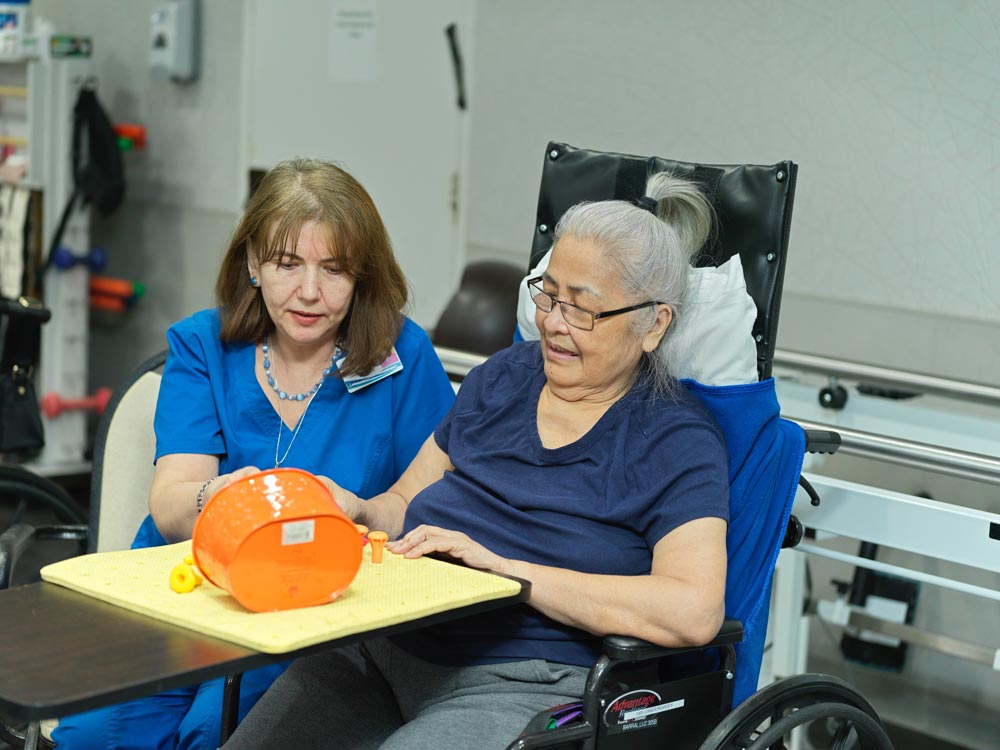
Symptoms of a brain injury include paralysis, nausea, bleeding from the ear, memory loss, and problems with concentration. At a later stage these may also develop into high blood pressure, pupil dilation and irregular breathing. Common symptoms of brain disorders and neurodegenerative diseases, such as Alzheimer’s, include confusion, apathy, agitation, and mood changes.
The most common ones
There are several main categories of neurological problems that affect cognitive function. Huntington’s disease and muscular dystrophy are examples of neurogenetic diseases. On the other hand, cerebral palsy is an example of a developmental disorder.
Then there are degenerative diseases more commonly associated with old age, such as Parkinson’s disease and Alzheimer’s disease. Family history is a significant risk factor in the development of neurodegenerative diseases, for which there is no cure.
Other common brain disorders include cerebrovascular diseases such as stroke and vascular dementia, epilepsy, and brain tumors. Certain infections can also lead to tumors and/or brain damage. Mental illnesses such as schizophrenia, bipolar disorder, depression and anxiety affect behavior, mood, and thought patterns.
Diagnosis and treatment for brain disorders
Your doctor or a neurological specialist can diagnose a brain issue by checking your vision, hearing and balance. Sometimes a brain scan, or examination of brain fluid, can help the doctor make a diagnosis. This will enable him or her to see if there is any bleeding in the brain, infection, or other abnormality.
Treatment for brain injuries includes medication, or even surgery to remove or repair damaged brain tissue. Rehabilitation therapies may include speech therapy and psychological support. They can also help people with various brain disorders. The aim of rehab is to slow the onset of brain diseases and maximize independence and quality of life.
Fairview Rehab and Nursing Home in Queens NY specializes in a range of tried and tested rehab therapies for people with dementia-related diseases, such as Alzheimer’s and other neurological diseases. If your loved one or you have a brain problem, talk to our caring, professional staff to find out more. Contact us or walk in and ask any questions you may have. We are here to answer any questions about our services and therapies for brain problems.
This article contains informational and educational materials and does not replace health or medical advice. For questions or concerns regarding your medical condition or health objectives, speak to a qualified physician or healthcare provider.

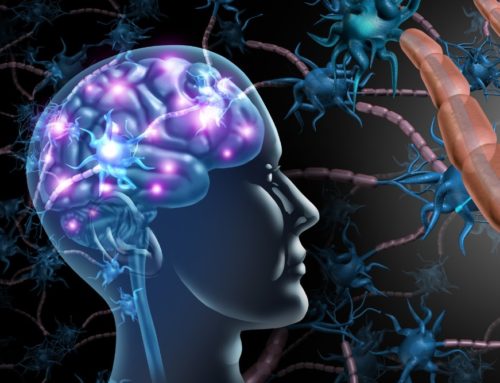
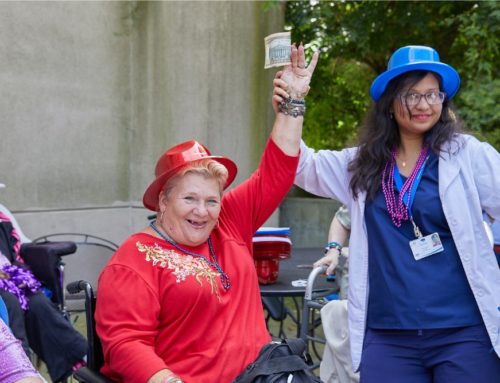
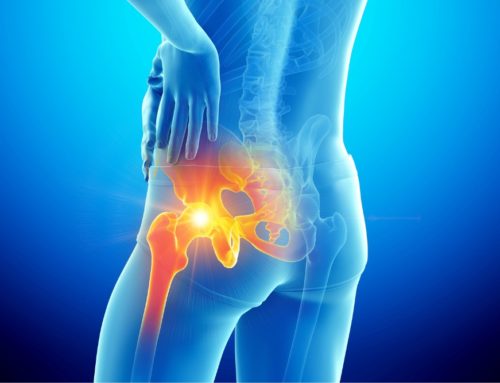
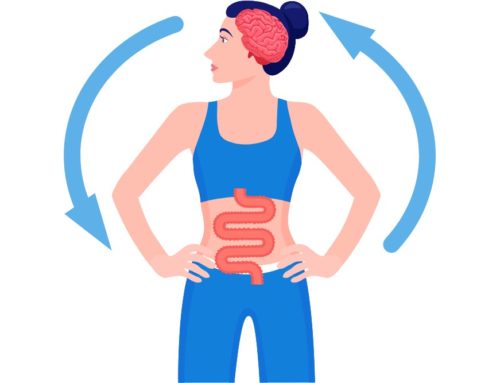
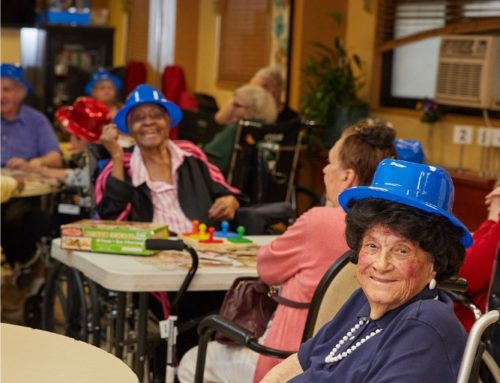
Leave A Comment